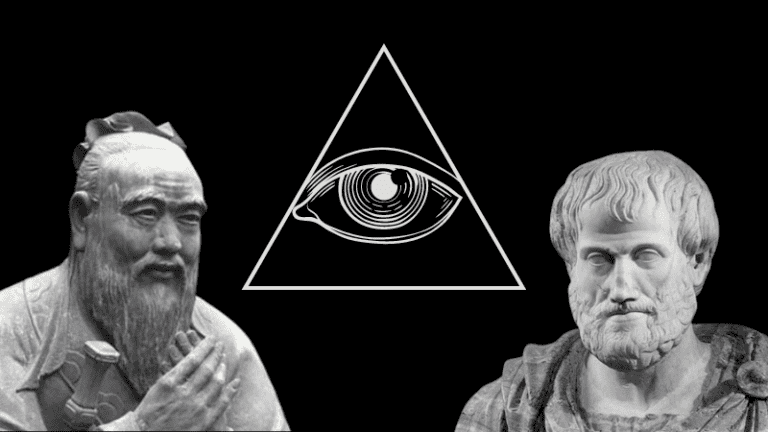Spinoza explains: How to overcome the impossible
As we have already learned in other articles, Baruch de Spinoza was a rationalist. It is therefore all the less surprising that he approaches the world in a very modest and frugal style. In a very beautiful quote, he explains why we cannot succeed in some things.
"As long as a person imagines that he cannot do something, it is impossible for him to do it."
– Baruch de Spinoza
Anyone who has ever undertaken something really difficult, something that requires willpower, perseverance and commitment, will have realized that it is incredibly important to talk yourself into doing well. It is important to break down the goal into smaller individual parts and then work through these more easily digestible parts piece by piece.
Remark
This approach may sound familiar to you, as it has been taken up in various principles such as the Milestone Motivation or Peter Drucker's S.M.A.R.T. goals. If you are interested in this kind of thing and the topic of habit formation, Simon's book "Welcome to Habitville: How our habits work and how we master them" is worth a read:
If our end goal is too big and too scary for us, it can easily happen that we don't tackle the issue in the first place. This is also the case if we are actually perfectly capable and in a position to tackle the problem. However, as with almost everything in life, it is a question of attitude.
Once we tell ourselves that we can't do something, we fall into a kind of paralysis of fear towards the matter at hand. As long as we are in this rigidity, we do not dare to tackle what we have put on this pedestal. After all, it would only be a waste of energy if we were to start at all. Powers that we would rather use where we know they will make a difference. Of course, our powers could also make a difference to the almost unsolvable problem, but because of this knot in our heads, we don't even dare to try.
If we have not first broken the big problem down into small pieces, we will of course not see any noticeable progress, even if we throw our strength against the seemingly unsolvable problem. This is because what we achieve is an incredibly small occurrence compared to what we want to achieve. So we are blind to our successes because they are barely noticeable against the backdrop of the big picture. But it is important that we also see small successes. Because it is rare to eliminate a big problem in one fell swoop, as David did with Goliath. Big problems are best tackled one step at a time.
It is therefore incredibly important that we don't put things on a pedestal in the first place. We have to be convinced that we can solve a problem or achieve something. Because without this belief, without this conviction, things will not only seem impossible, they will actually be impossible.
Let us know what you think in the comments.







